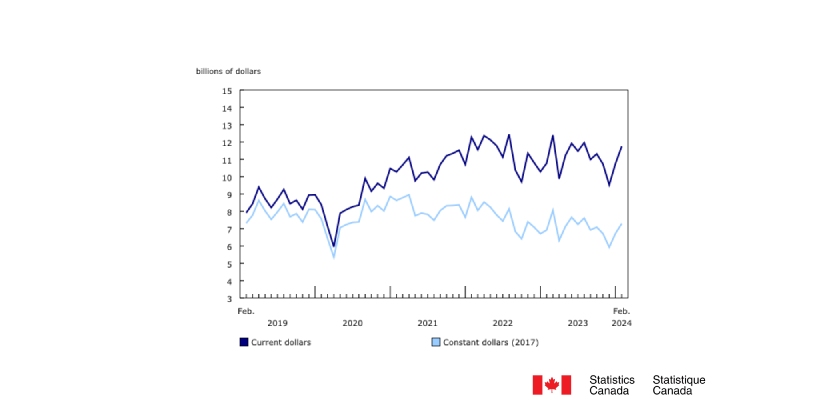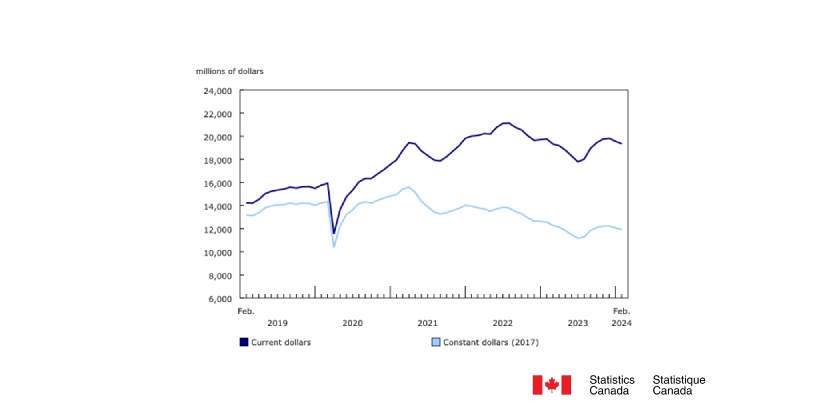Five Paid Sick Days For B.C. Workers Starting January 1st

November 29, 2021
Paid sick leave will be standard for workers in British Columbia beginning Jan. 1, 2022, with a minimum of five paid sick days each year.
B.C. becomes the first province in Canada to legislate this level of paid time off for workers who fall ill. This new workplace protection applies to all workers covered by the Employment Standards Act, including part-time workers.
“Beginning in the new year, workers will no longer lose pay for making the responsible choice of taking a sick day,” said Premier John Horgan. “The pandemic has highlighted that when workers don’t have paid sick leave, it’s bad for them, it’s bad for their co-workers and it’s bad for their employers.”
During a two-month period at the height of the COVID-19 pandemic, workplace outbreaks led to nearly 200 businesses being shut down in the Fraser Health region alone. Workplaces with pre-existing paid sick leave policies saw less workplace transmission.
The Province consulted with workers and employers around B.C. to find out what currently exists in the way of paid sick leave and to gather feedback on three options – three, five or 10 days of paid sick leave – to come into effect in the new year. More than 60,000 people participated in the engagement.
Feedback from the workplaces that already provide paid sick leave found that most workers take between zero and five days of sick leave each year.
“Many of the people who lack paid sick leave are the same workers we depended on most during the pandemic,” said Harry Bains, Minister of Labour. “Lower-wage workers who help us get our groceries, prepare our food at restaurants and make sure we have the services we need deserve a basic protection like paid sick leave.”
Bains noted that in the current labour shortage, workers are looking for additional benefits like paid sick leave, adding that this measure will help build a resilient workforce in British Columbia regardless of the challenges faced in the future.
“We have learned in this pandemic how important it is for workers to be able to stay home if they are sick. Paid sick leave is one more way we can support workers and help prevent the transmission of disease,” said Dr. Bonnie Henry, provincial health officer. “It gives people the means to stay away from work if they’re sick and reduces the risk to their co-workers or others they come in contact with through their jobs.”
The Province looked to other jurisdictions that have mandated paid sick leave, including in the United States, Australia, New Zealand and several European countries. Their experiences have shown the cost increases for most business were less than expected. They also experienced significant benefits, including increased productivity and retention of trained staff, reduced risks of injury, improved morale and increased labour-force participation.
“A workforce is the greatest asset for a business, and paid sick leave helps maintain healthy, efficient workplaces for all,” said Anita Huberman, president and CEO, Surrey Board of Trade. “Not all workers have employers that offer paid sick leave, especially for essential or frontline workers, many of whom are in Surrey. That is why the Surrey Board of Trade supports the five-day option for B.C.”
Sheila Lewis, provincial women’s manager, Métis Nation British Columbia, said: “Paid sick leave will be particularly beneficial to women who are more likely to be balancing work and family responsibilities. Sick leave will help women – especially Indigenous women – reattach to the labour market, providing them more stability and security, while benefiting employers through improved productivity, loyalty and recruitment.”
Quick Facts:
- More than one million workers in B.C. do not currently have access to paid sick leave, mostly those in low-wage jobs, who are more often women or racialized workers.
- The paid sick leave protection will apply to all workers covered by the Employment Standards Act (ESA), including part-time employees. The ESA does not cover federally regulated sectors, self-employed workers and employees in professions and occupations explicitly excluded from the ESA.
- In May 2021, amendments to the ESA laid the groundwork for establishing minimum standards for permanent paid sick leave.
- The May 2021 amendments also created a temporary COVID-19 paid sick leave program for up to three days of leave, until Dec. 31, 2021. To support businesses that do not already provide paid sick leave, government is reimbursing employers up to $200-a-day per worker, to help cover their employees’ wages for the COVID-19 paid sick leave.
















